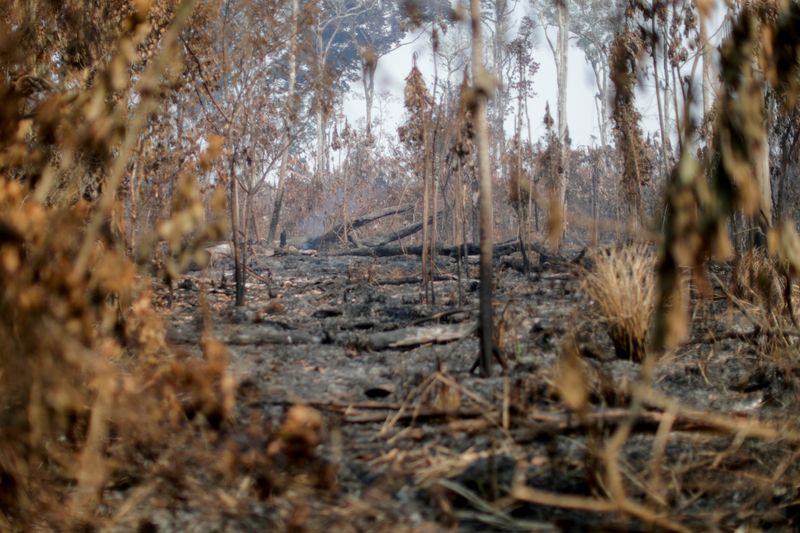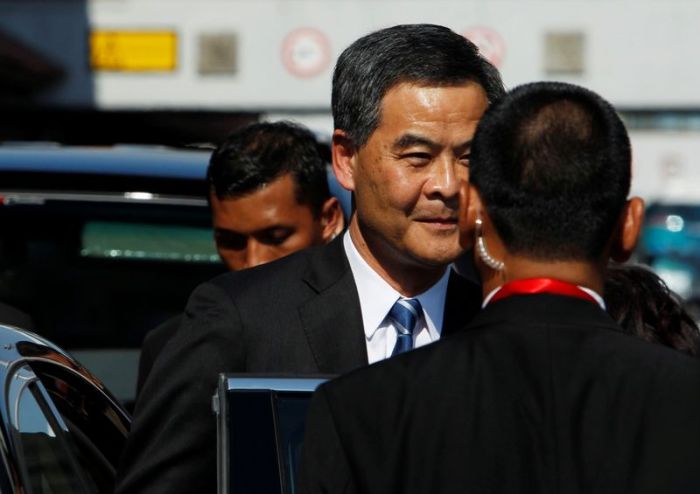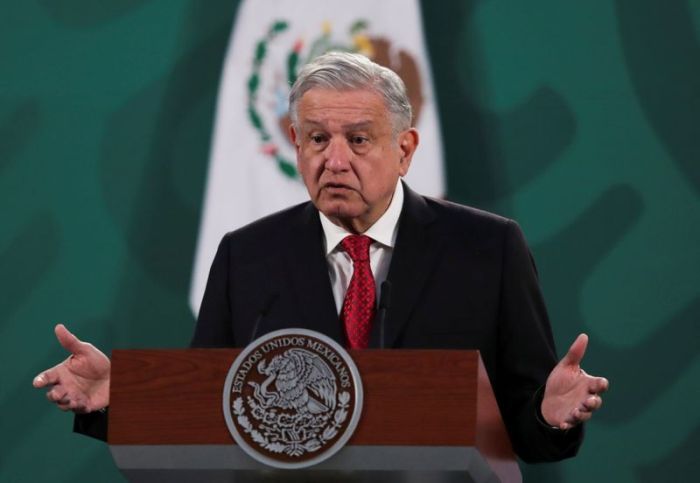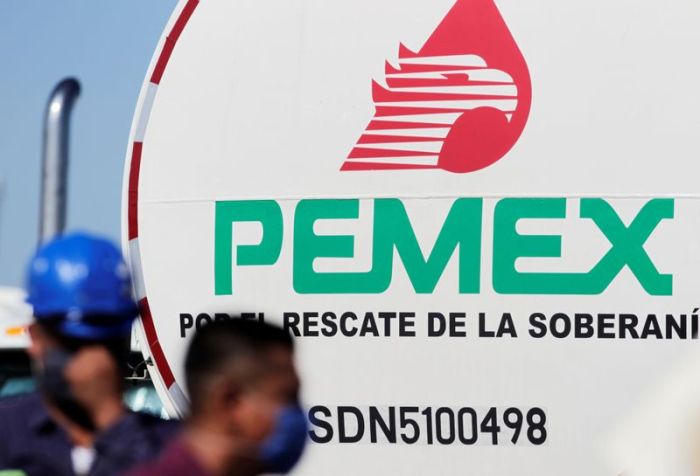PARIS (Reuters) – Indigenous people from Brazil and Colombia sued retailer Casino in a French court on Wednesday over the selling of beef linked to land grabbing and deforestation in the Amazon, campaigners involved in the lawsuit said.
It is the first time a French supermarket chain has been taken to court over deforestation and the loss of land and livelihood under a 2017 law in France that demands its companies avoid human rights and environmental violations in their supply chains.
Casino, which controls Brazil’s largest food retailer, Grupo Pao de Acucar (GPA) and through that also Colombian retailer Almacenes Exito, said it actively fought against deforestation by cattle ranchers in Brazil and Colombia.
The lawsuit alleges Casino regularly bought beef from three slaughterhouses owned by a major Brazilian meatpacker.
Those slaughterhouses sourced cattle from nearly 600 suppliers responsible for at least 50,000 hectares (123,550 acres) — an area five times the size of Paris — of deforestation between 2008 and 2020, according to the lawsuit.
“The demand for beef by Casino and Pão de Açúcar brings deforestation and land grabbing and violence,” Luis Eloy Terena of COIAB, a body coordinating indigenous groups in the Brazilian Amazon, said in a statement.
Casino said GPA applied a rigorous policy of controlling the origin of beef delivered by its suppliers, adding Brazilian beef was not sold in its French stores.
GPA told Reuters that since 2016 it had established criteria that its suppliers must comply with. They included “zero Amazon deforestation, no slave-like labour conditions, no child labour and no invasions of indigenous land or conservation areas.” Ranchers must hold land ownership documents, it added.
Brazil is Casino’s second largest market after France.
“Sustainable ranching is one of the focal points of the company’s sustainability strategy,” Almacenes Exito’s parent company Grupo Exito said in response to questions, calling itself a pioneer in implementation of the practice in Colombian retail.
Grupo Exito added that it monitors all of the more than 91,400 acres (36,990 hectares) of land used by its suppliers, built its sustainability plans in partnership with conservation NGOs and has signed zero-deforestation commitments.
COMPENSATION
The Amazon plays a vital role in regulating the Earth’s climate by absorbing carbon dioxide, one of the main greenhouse gases responsible for global warming.
An area of the Amazon rainforest the size of Israel was felled last year, campaign groups say, and cattle ranching is a leading driver of habitat loss, as population growth and the expanding middle classes of developing nations fuel the consumption of meat and dairy.
Sebastian Mabile, a lawyer for the plaintiffs, said Casino and its subsidiary had failed in their obligations to scrutinise their supply chains.
“We want them to pay approximately 3 million euros to the organisations that represent indigenous peoples and ensure that their activities do not entail deforestation,” Mabile told a news conference.
Companies are under growing pressure from national legislation and campaigners to protect the Amazon.
French bank BNP Paribas in February pledged to only finance companies producing beef or soybeans in Latin America that adopt a strategy of zero deforestation by 2025.
In January, BNP Paribas, Credit Suisse and Dutch lender ING announced they were to stop financing the trade in crude oil from Ecuador. Indigenous leaders said the banks’ money made them complicit in the destruction of rainforest by Ecuador’s oil industry.
Plaintiffs to the lawsuit include French and U.S. campaign groups.
(Reporting by Richard Lough and Dominique Vidalon in Paris, additional reporting by Tatiana Bautzer in Brasilia and Nelson Bocanegra in Bogota; editing by Jason Neely, Elaine Hardcastle and Jonathan Oatis)
























